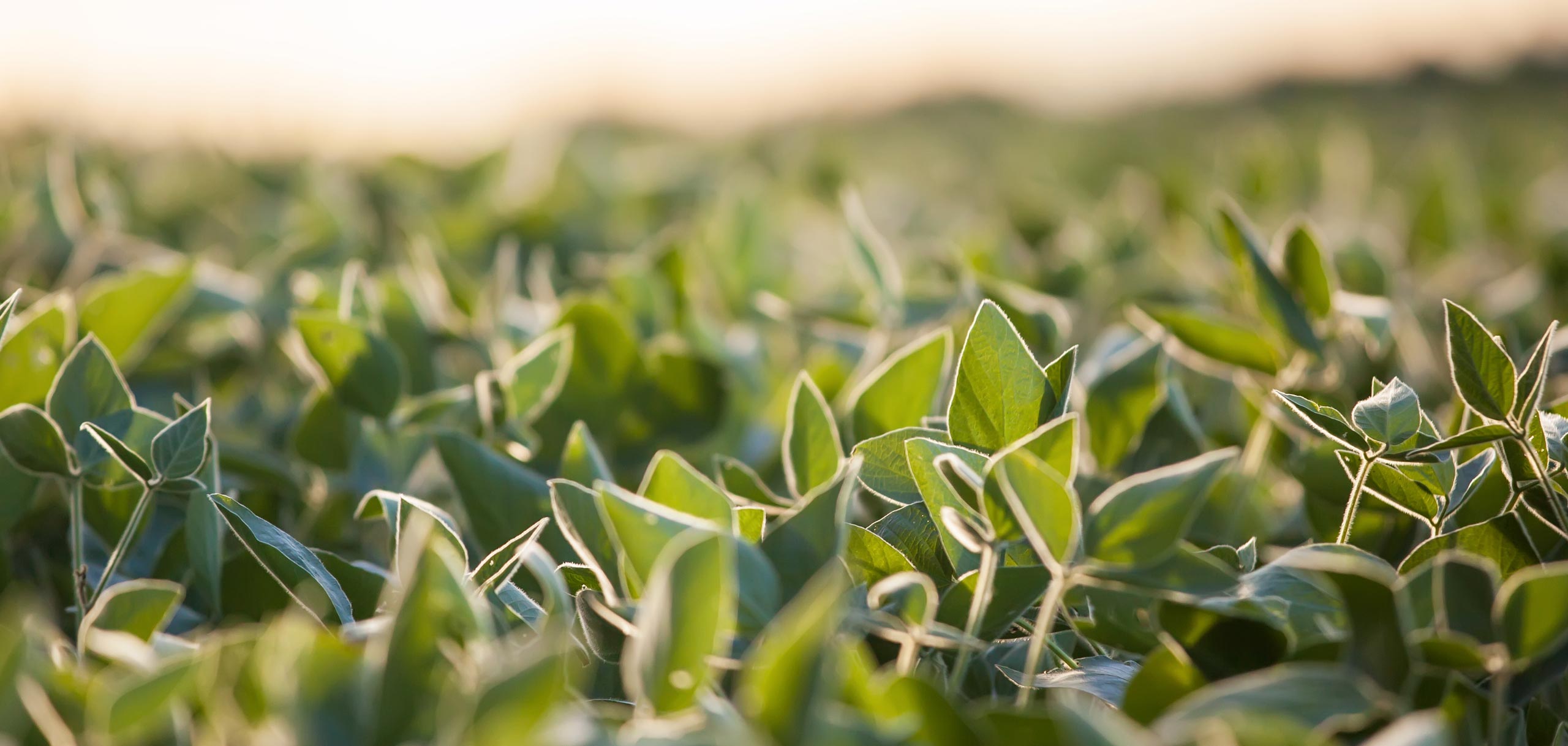U.S. Soy Scores 98% Food-Bean Utilization of Korean Tariff Rate Quota
- Category:
- General News
- Soy Foods

USSEC has served as quarterback to U.S. soybean growers and exporters that now score a 98 percent utilization of this preferential TRQ with South Korea.

“USDA was instrumental in getting the quota established,” says United Soybean Board (USB) director Mark Caspers, who spoke about soy sustainability and quality at the April 2016 U.S. Food-Bean Buyers Conference and Tabletop Trade Show. “Today, I see it as a team effort to meet the quota. The quota doesn’t do us any good if we aren’t getting the tonnage in there.”
The U.S. Department of Agriculture’s (USDA) Foreign Market Development (FMD) program has partnered with soybean checkoff investments in Korea. The FTA allows food companies to buy direct from U.S. exporters. USSEC’s role is to educate U.S. food-bean exporters on how to sell increasing amounts to the Korean market.

They have succeeded. The U.S. food-bean industry sold 250,400 metric tons (MT) valued at $158 million in 2015 alone. Since the FTA went into force between Korea and U.S. in 2012, U.S. market share in imported food-soybean market has increased from 58 percent in 2012 to 85 percent in 2015. The ratio of TRQ executed by the Korean soy food processors against allocations increased to 98 percent in 2015 from 95 percent in 2014, 60 percent in 2013 and 35 percent in 2012.
FMD 2015 funding also aided USSEC in bringing a Korean team of buyers to the U.S. Soy Global Trade Exchange in Minneapolis. To continue ramping up trade relationships, FMD funds contributed to USSEC hosting the April 2016 U.S. Food-Bean Buyers Conference and Tabletop Trade Show in Seoul that drew 38 purchasing staff and three top executives from Korea’s soy food processing industry.

Importantly, U.S. food-bean exporters, including the DeLong Company of Wisconsin, traveled to this USDA-supported conference. Austin DeLong, DeLong’s non-GMO marketing manager, says USSEC events have facilitated countless connections, noting that these buyer relationships allow his company to pay premiums to the southern Wisconsin, northern Illinois and northwestern Ohio soybean growers who sell to DeLong. The company has also hosted USSEC soybean trade teams that allowed them to show the benefits of U.S. Soy as well as the processing and handling of it.
Additionally, DeLong found value in the U.S. Soy Sustainability Assurance Protocol (SSAP), which further differentiates U.S. Soy from that of other origins. In pursuit of sustainable soy, the largest trade organization of food-bean end-users, Korea Federation of Tofu Cooperatives (KFTC), decided to request U.S. SSAP certificates as one of the required documents for identity preserved food-bean imports from the U.S.